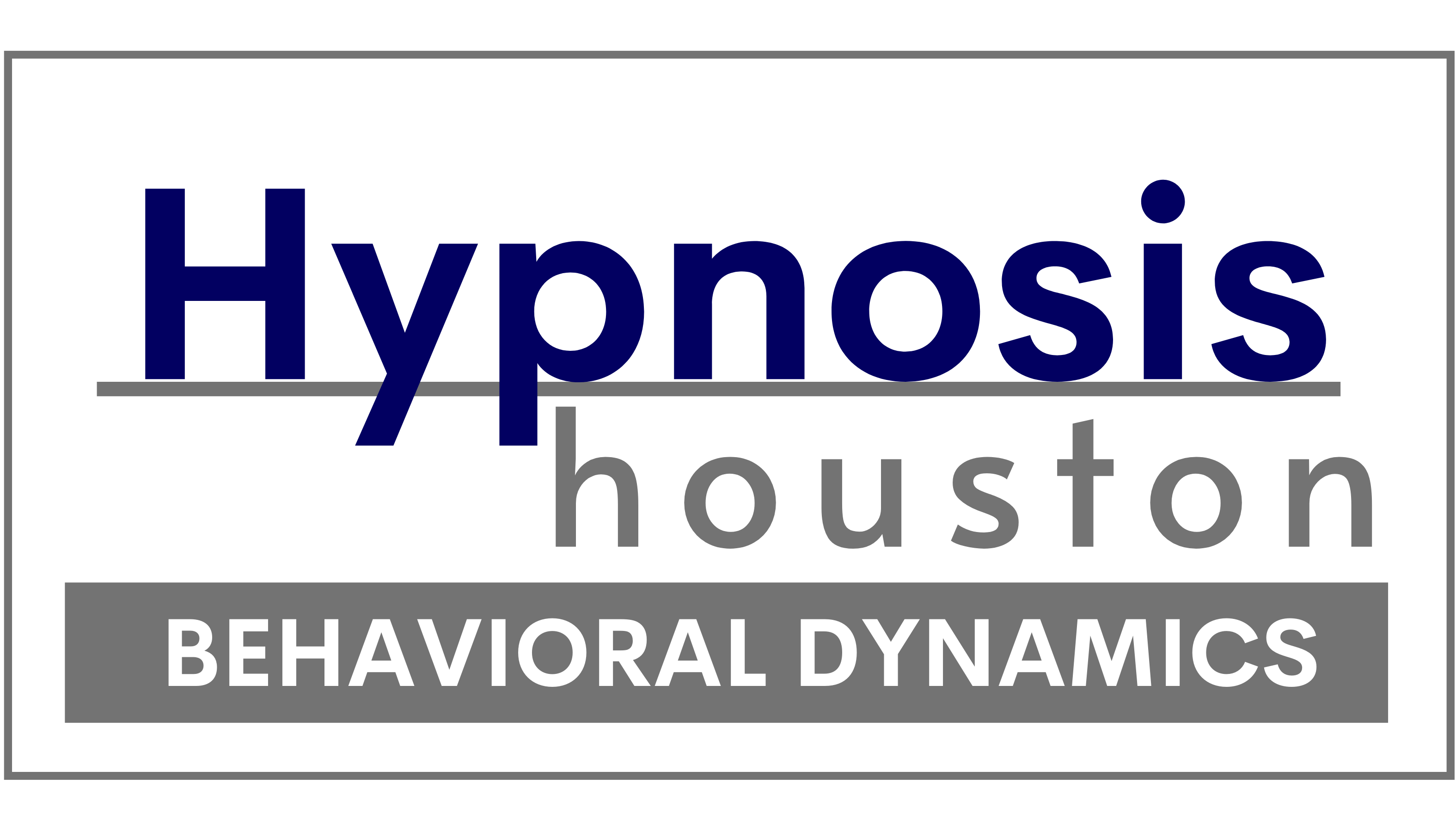Using Hypnosis to Treat Insomnia and Other Sleep Disorders
Chronic sleep disorders affect many people. Hypnosis has been known to treat these disorders, including insomnia and difficulty sleeping. The existing research suggests that hypnosis can be beneficial for people who need better sleep quality.
Effects of Hypnosis on Sleep
The hypnotist usually puts the person in a state of trance, wherein the person experiences focused attention, deep relaxation, and more openness to suggestion. This is a way to gain better access to the person’s unconscious mind. At the same time, it will decrease the chances that the person will bring in anxiety or conscious worries.
Hypnosis can increase responsiveness, so it is often used to change reactions and behaviors that can be causing chronic sleep problems.
How Is It Induced?
A hypnotist often conducts the process. They will teach you how to relax. Mental or physical tension can make sleeping difficult for some people. The hypnotist could use relaxation techniques to help lessen tension.
Self-hypnosis techniques are also used to treat insomnia. Your hypnotist can teach you how to do this. This can help in developing a routine and dealing with the triggers that cause your sleeping problems. In self-hypnosis, you can take the techniques you have learned in your sessions with your hypnotist and apply it in your daily life.
According to research, self-hypnosis can improve sleep by redirecting the attention of the patient from anxiety. This can promote relaxation.
In many ways, the process is just like when you lose track of time while you are daydreaming or watching a movie. The patient is not hallucinating, but has stopped giving attention to their physical environment. They are now focused on their internal reality.
For this reason, self-hypnosis is not as difficult as it may seem. Guided imagery is a method of self-hypnosis that has been tried and tested. You can make your own guided imagery, use tapes, or use online tools. Simple imagery includes relaxing in the warm sun, imagining every body part becoming heavier, or falling sleep on an elevator.
Benefits of Hypnosis
Together with sleep hygiene instructions, hypnosis can help treat insomnia. There is a research review that says it can also be useful in treating sleepwalking, bedwetting, nightmares, and sleep terrors. Most of the evidence today is limited to findings from small studies, but they have been proven to be effective.
According to another report, scientists said that hypnosis shows potential in treating sleep disorders. They said that a research needs to be conducted immediately to evaluate the effectiveness of hypnosis in managing sleep disturbances.
Using Hypnosis for Sleep
If you are suffering from chronic sleep problems, you need to consult a doctor to check that your sleep problems are not just symptoms of underlying illness. Delaying/avoiding immediate care or self-treating can have serious effects.
Your doctor may also recommend resources like audio materials or books. They can also refer you to a hypnotist to teach you how to conduct self-hypnosis to have better sleep.
Along with hypnosis, you may also try a mind-body therapy and other natural methods of having healthy sleep.
Like to learn more about how hypnosis can benefit you? Get in touch with Hypnosis Houston today:
Contact Us At:
Hypnosis Houston
2909 Hillcroft Ave #515
Houston TX 77057
Phone: (713) 789-0713
https://www.hypnosishouston.com/

